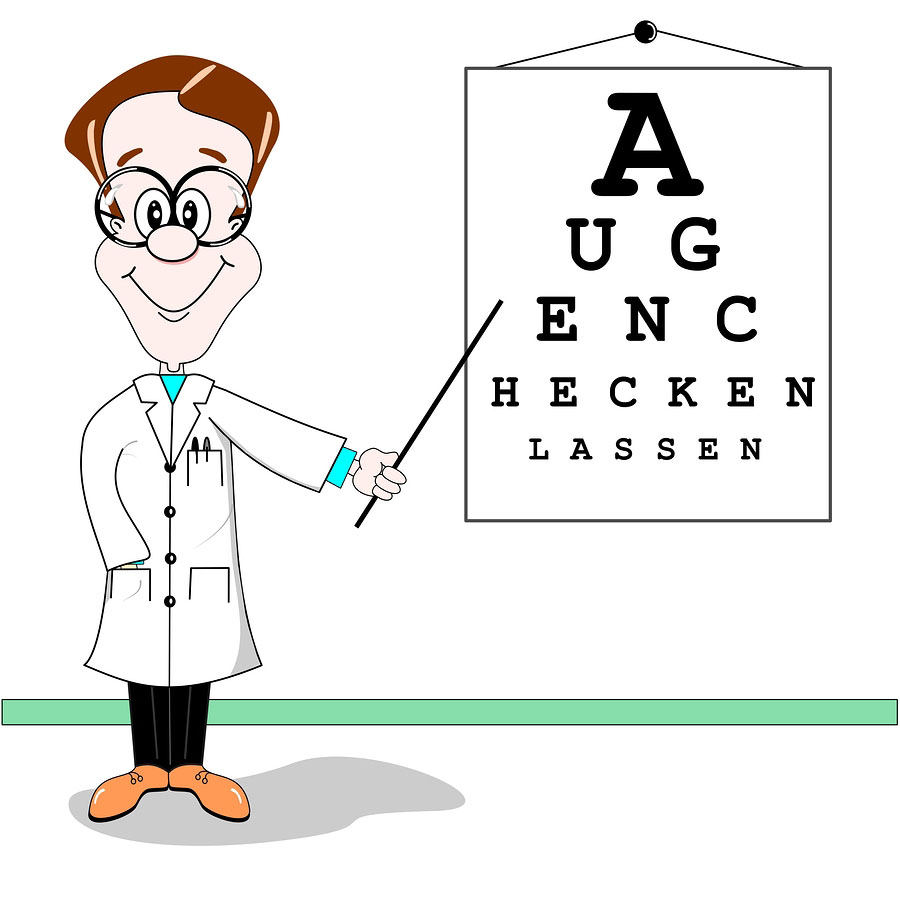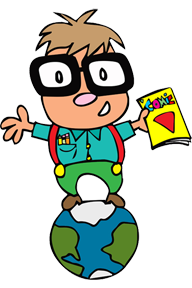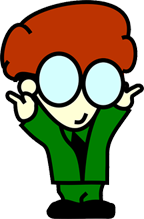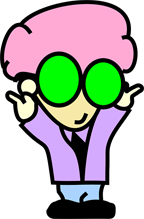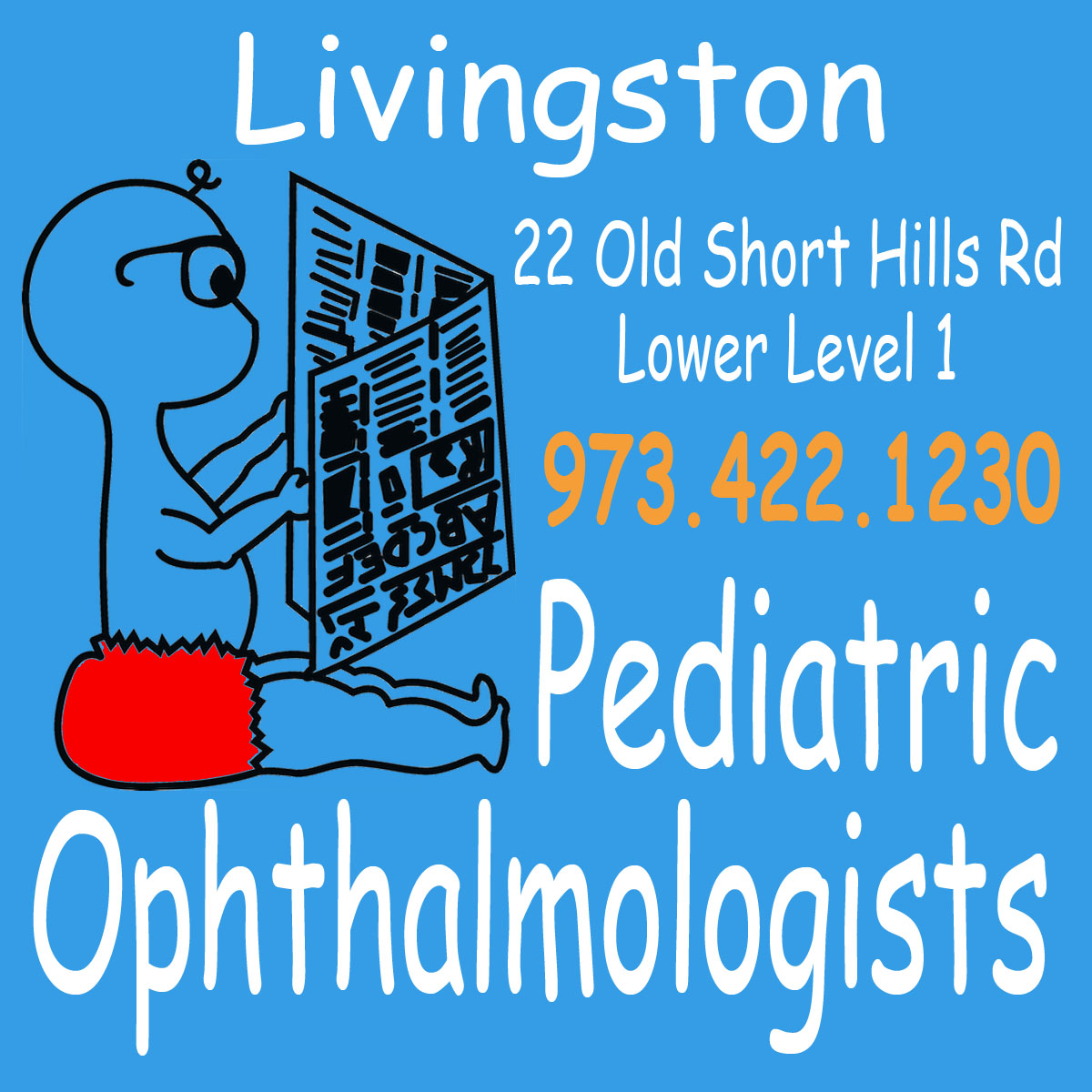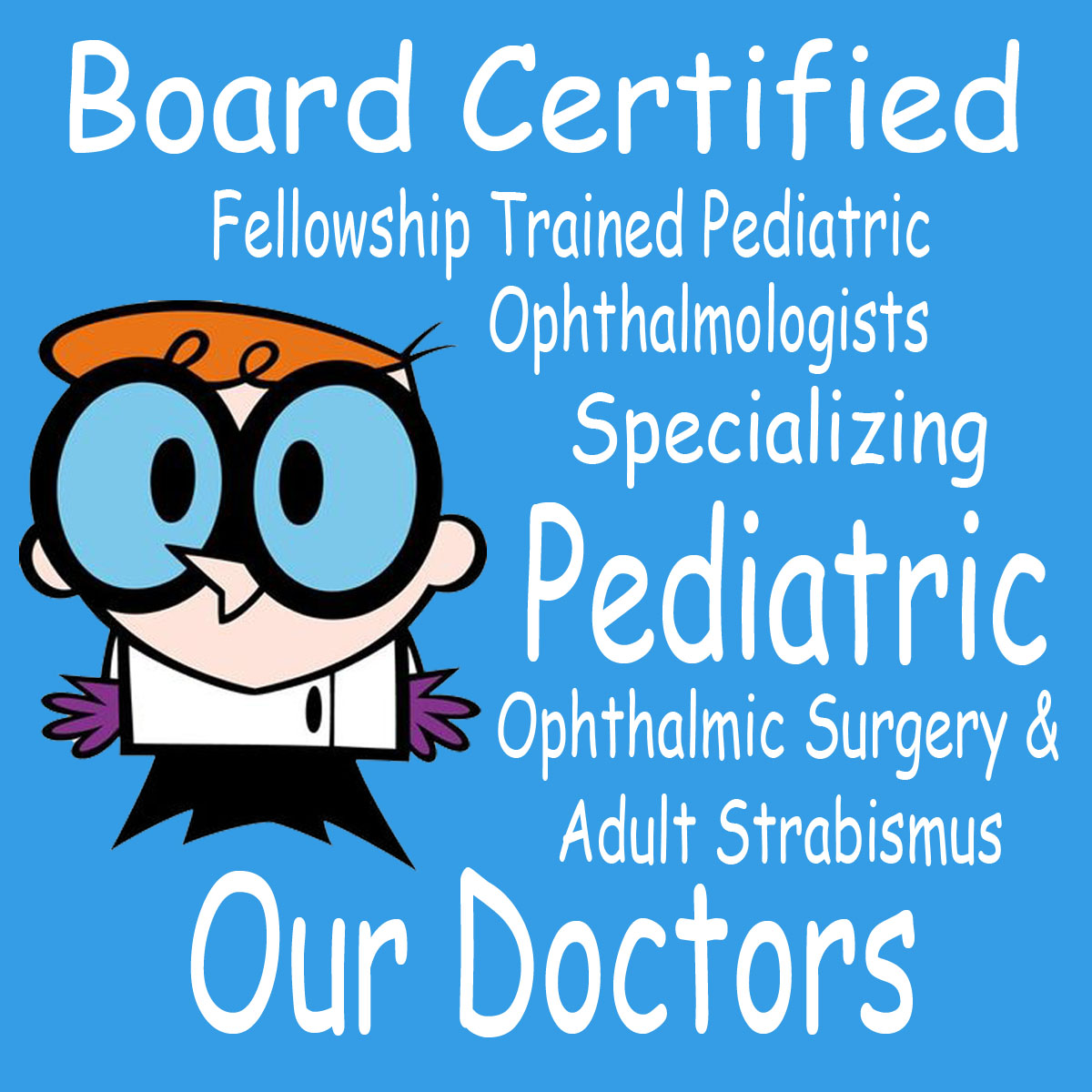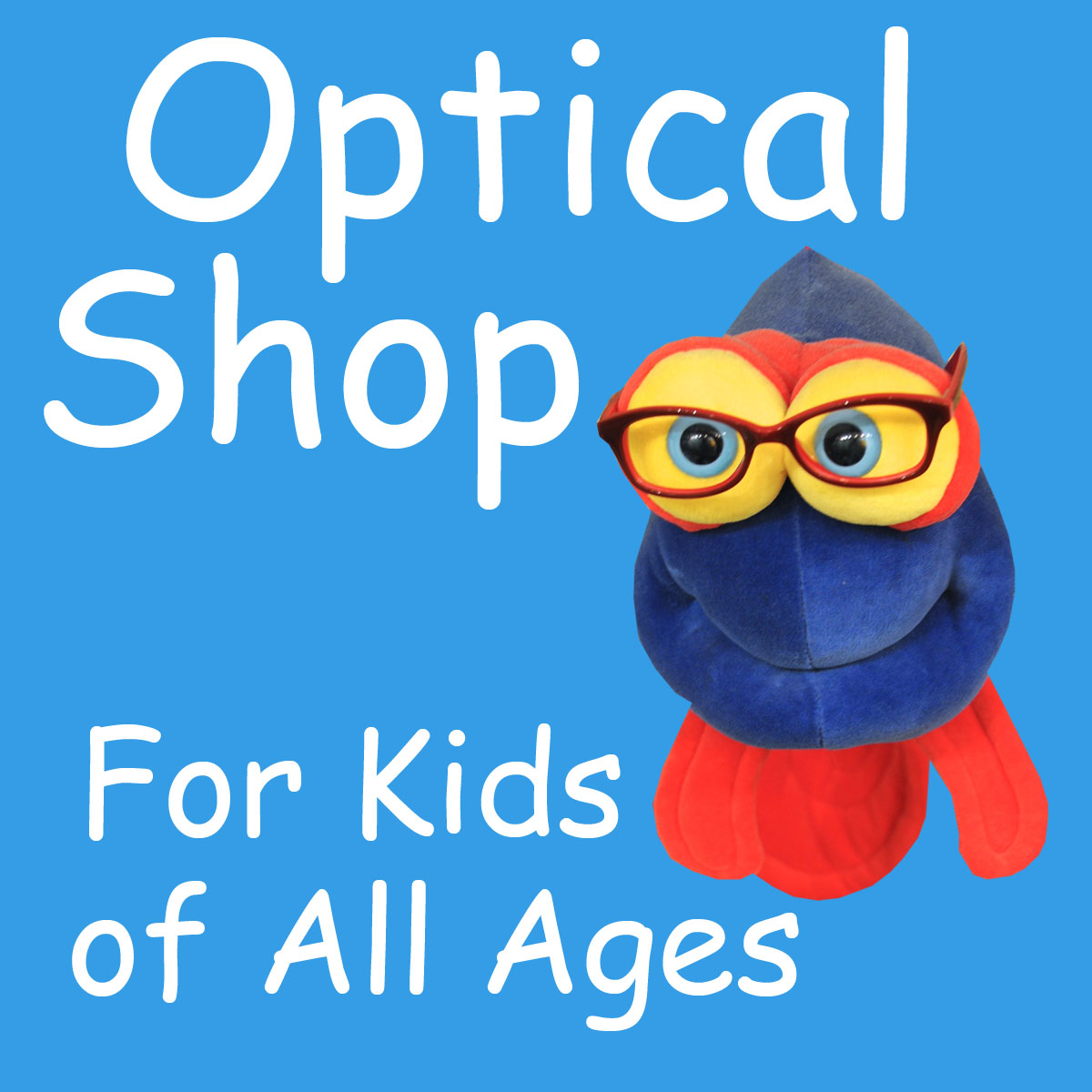Contact Us
Children’s Pediatric Ophthalmologist – FAQs
What is a pediatric ophthalmologist?
A pediatric ophthalmologist is a medical doctor (MD) who has completed at least 5 to 6 years of post-graduate training after 4 years of medical school. A pediatric ophthalmologist is specially trained to evaluate and treat both medical and surgical eye conditions in children. Because they are MD’s, they are trained to see your child’s eye conditions in the context of any other health issues.
How long will my child’s eye exam take?
The first time your child visits our office a complete history is taken, followed by a thorough exam. This typically includes dilation of the eyes with eye drops and screening for refractive error (nearsightedness, astigmatism, etc.). Some children may take longer than others, depending on their age and cooperation, but a good rule of thumb is to allow 1 to 1 1/2 hours for your first visit.
What is the “right” age for a first eye exam?
At any age, if there is a suspected problem. Otherwise, a general guideline is between three and four years of age, with the examination including measurement of visual acuity, eye alignment, motility, refraction, and fundoscopy (an examination of the back of the eye). One of the most important aspects of the examination is to identify conditions that are only treatable at an early age.
My child seems to see fine. How can I tell if there is a problem?
Both you and you child may be unaware there is any problem since a decrease in vision in one eye is often compensated for by the other eye. If no problems are apparent, your child should receive a careful vision screening between the ages of three and four.
How can a kids’ ophthalmologist effectively examine my stubborn two year old?
With patience, and a few tricks of the trade! Your child does not have to speak, or even be entirely cooperative to be examined. With eye drops and special equipment, the doctor can see into the eye and measure to see if your child needs glasses, even if they can’t read! The doctor will also check for any eye misalignment or other ocular problem.
Do you prescribe “vision therapy”?
No. Ophthalmologists view the eye as a wonderfully complex organ which is, literally and physically, a direct extension of the brain and neurological (central nervous) system. For further information, we strongly recommend a review of the policy statement and this on learning disabilities and dyslexia published by the American Association for Pediatric Ophthalmology & Strabismus and American Academy of Pediatrics.
My child complains of headaches. Is this an eye problem?
Maybe. Sometimes, a need for glasses will cause headaches, but there are a number of other ocular and medical conditions that can cause eye pain and headaches. These types of complaints should first be investigated by your pediatrician, who may refer your child to a pediatric ophthalmologist for additional investigation.
My child sits close to the TV. Is there anything wrong?
Most children like to sit close to the TV because the picture is bigger the closer they are to the screen. Some of them may need glasses, but sitting close to the TV is not a definitive indication of eye problems.
My child blinks a lot. Is there anything wrong?
Often, blinking is a nervous habit or tic. It is usually a good idea to make sure there is no underlying eye problem, especially if there are associated symptoms such as redness, tearing, rubbing, etc.
I wear glasses. Does this mean my child will need glasses?
Maybe. Certain eye conditions are hereditary. If there is a strong family history of any eye condition, early examination by a pediatric ophthalmologist may be advisable.
Does a pediatric ophthalmologist have to use eye drops to examine my child?
Usually, yes. Dilating the pupils with an eye drop allows the doctor to get a good look at the inside of the eye. In addition, the eye drop relaxes the “focusing muscles” that attach onto the lens of the eye. This lets them objectively measure refractive error (i.e., if glasses might be needed).
Are there any long-term effects of the eye drops?
Depending on the drop used, your child’s pupils may be dilated up to a day or so. Near vision (for reading) might be blurred for several hours and there can be a bit of sensitivity to direct sunlight. Most children return to school on the day of the eye exam.
What types of surgery does a kids’ ophthalmologist perform?
The most common surgeries are those that straighten eye alignment (strabismus or eye muscle surgery). Another common procedure is probing and irrigation of blocked tear ducts. When necessary, the doctors also perform surgery on the eyelids and tissues around the eyes.
Does watching a 3D movie or playing 3D video games harm my child’s vision?
No, based on current scientific data there is no evidence that these activities harm your child’s vision.
What is the difference between a pediatric ophthalmologist and a pediatric optician?
“A ophthalmologist is a medical or osteopathic doctor who specializes in eye and vision care. Ophthalmologists differ from optometrists and opticians in their levels of training and in what they can diagnose and treat. As a medical doctor who has completed college and at least eight years of additional medical training, an ophthalmologist is licensed to practice medicine and surgery.” – The American Association for Pediatric Ophthalmology and Strabismus
Read more about our pediatric optician in Livingston or our Optical Shop in Livingston.
Do you have more questions for our pediatric ophthalmologists in Livingston?
If yes, please feel free to Contact Us.
